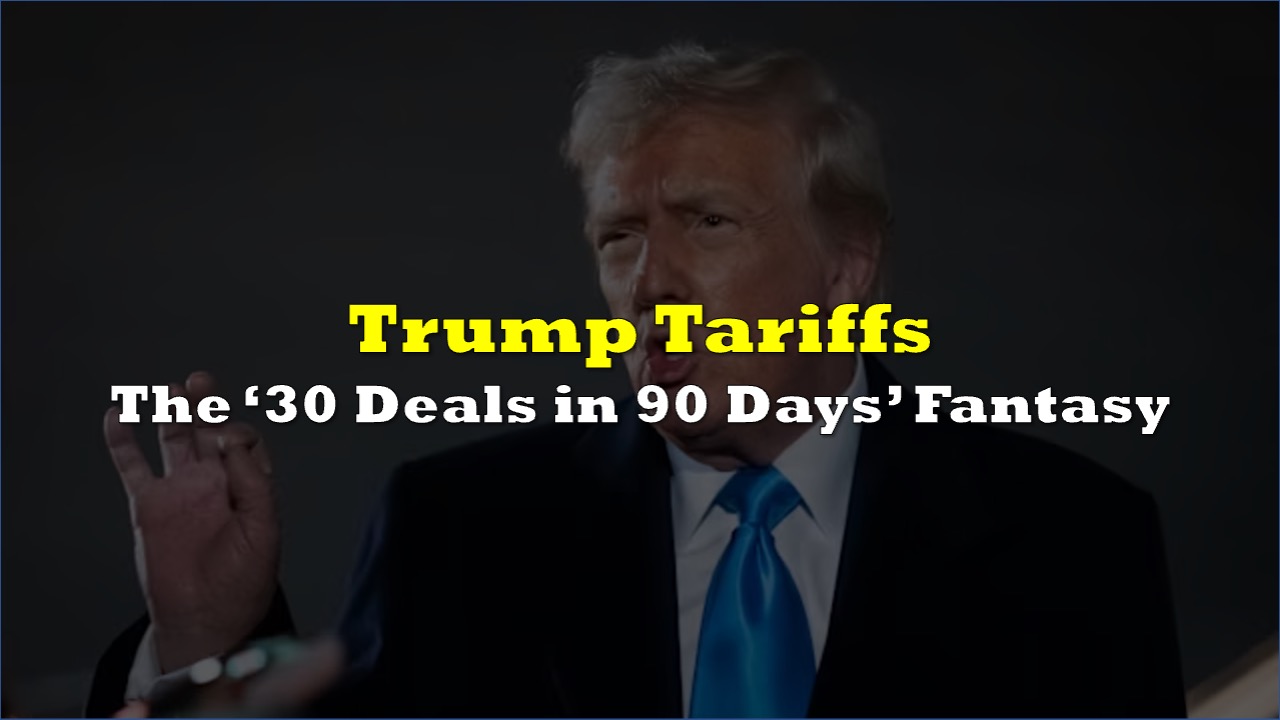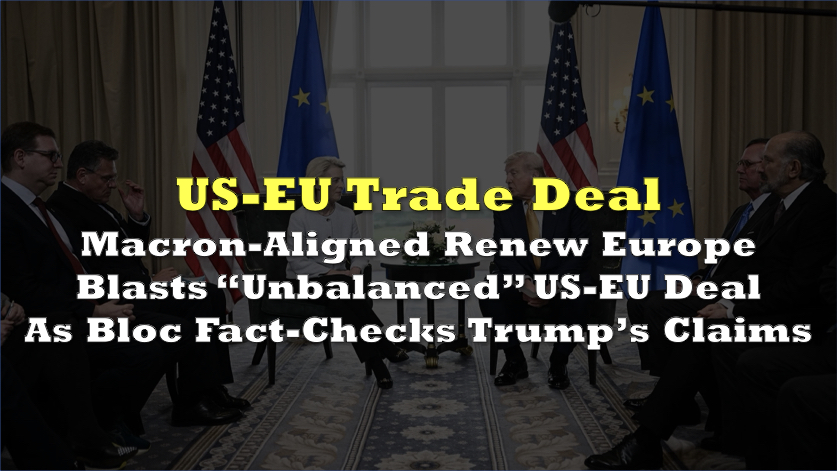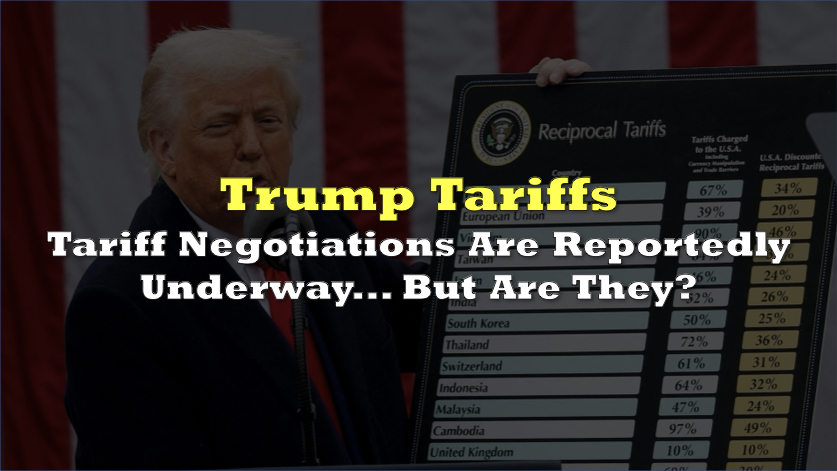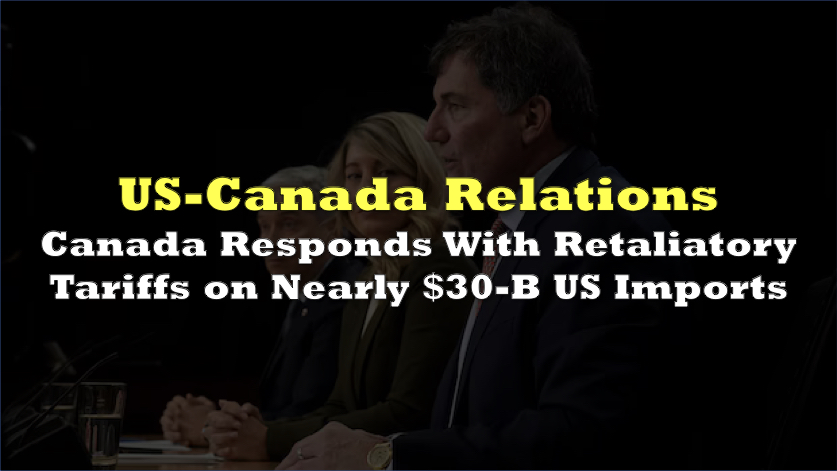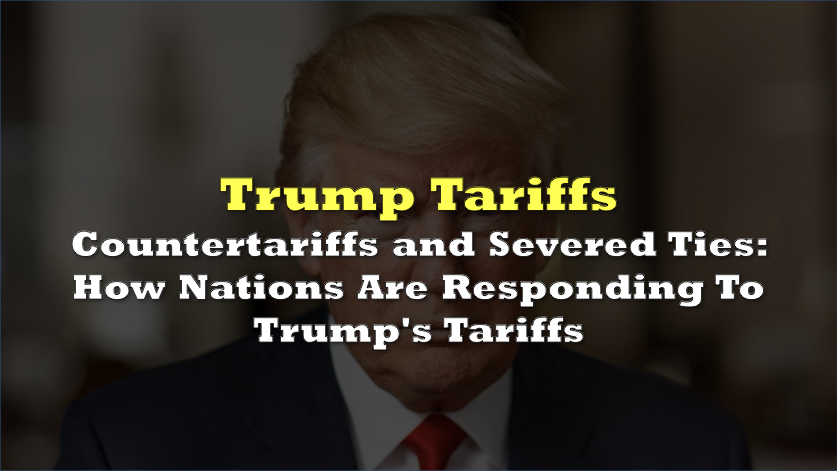President Donald Trump’s tariff-heavy trade strategy is encountering significant resistance as countries worldwide adopt China’s successful playbook of patient negotiation rather than rushing to secure deals with the United States.
The shift became apparent after Trump’s dramatic May agreement with China, which temporarily reduced US tariffs from 145% to 30% — a 115 percentage point retreat that foreign governments interpreted as evidence the administration would back down under domestic pressure.
It appears the tariff deal is imploding.
— QE Infinity (@StealthQE4) May 21, 2025
According to Bloomberg, countries have concluded that Trump has overplayed his hand.
South Korea has backed out of negotiations saying they’re in no rush while Japan apparently blew off a meeting with US trade officials last week. pic.twitter.com/erRYq4cibI
Several key US trading partners have abandoned urgent negotiations in favor of strategic delays. South Korea’s leading presidential candidate Lee Jae-myung said there’s “no need to rush for an early agreement” in trade negotiations with the US, while Japan’s Trade Minister Yoji Muto skipped a regional meeting with US Trade Representative Jamieson Greer.
Read: Japan Stands Firm on US Tariff Removal as Economy Feels Pinch
“Many countries will look at the outcome of the Geneva negotiations and conclude that Trump has begun to realize that he has overplayed his hand,” said Stephen Olson, a former US trade negotiator.
The China agreement came after mounting pressure from Trump’s own political base. White House officials warned Trump that blue-collar workers, including longshoremen and truckers, were being hurt by the trade war, according to two people familiar with the discussions who spoke on condition of anonymity.
Consumer sentiment fell to near-record lows while inflation expectations hit multi-decade highs during the escalating trade conflict.
Trump’s promise to secure trade deals with roughly 30 countries within 90 days appears increasingly unrealistic, more and more a fantasy. Only one deal has been announced — with Britain, offering what critics describe as minimal concessions.
Read: BREAKING: Trump Announces Expanded Market Access In First Post-Tariff Deal With UK
“There is going to be more incentive for companies to attempt to skirt the law,” said Matt Lapin, a trade compliance attorney at the law firm Wiley. Federal agencies screening imports are frequently overwhelmed and understaffed, while Chinese companies increasingly route products through Southeast Asian countries to avoid tariffs.
China demonstrated it could weather US pressure through selective retaliation and patience. Trade data shows Chinese exports to Southeast Asian countries increased sharply in April as bilateral US-China commerce declined.
“The economic pain is more immediate and broad-based in the US, and this deal can be seen as the Trump administration acknowledging that,” said Robert Subbaraman, head of global markets research at Nomura Holdings Inc.
Read: US-China 90-Day Tariff Reprieve Triggers Global Rally, But Trade Deficit Still Remains
Global stock markets surged following the announcement of the China deal. Treasury Secretary Scott Bessent said the two sides expect to meet again within “the next few weeks” to negotiate a more comprehensive agreement.
Information for this story was found via the sources and companies mentioned. The author has no securities or affiliations related to the organizations discussed. Not a recommendation to buy or sell. Always do additional research and consult a professional before purchasing a security. The author holds no licenses.

